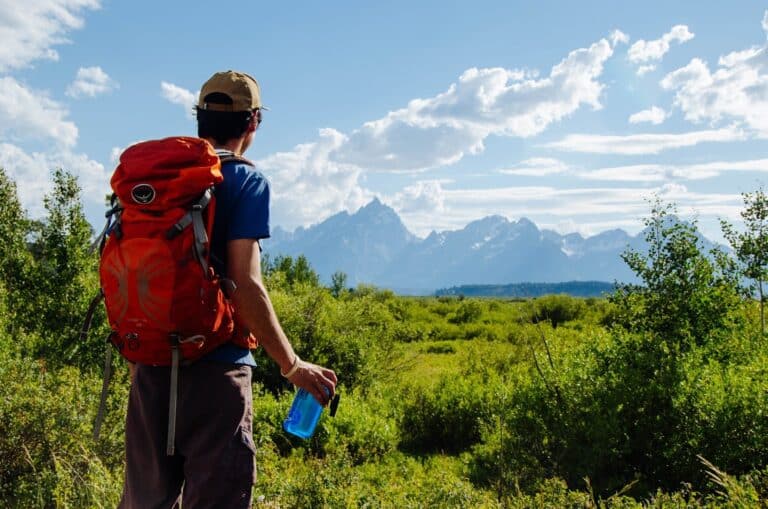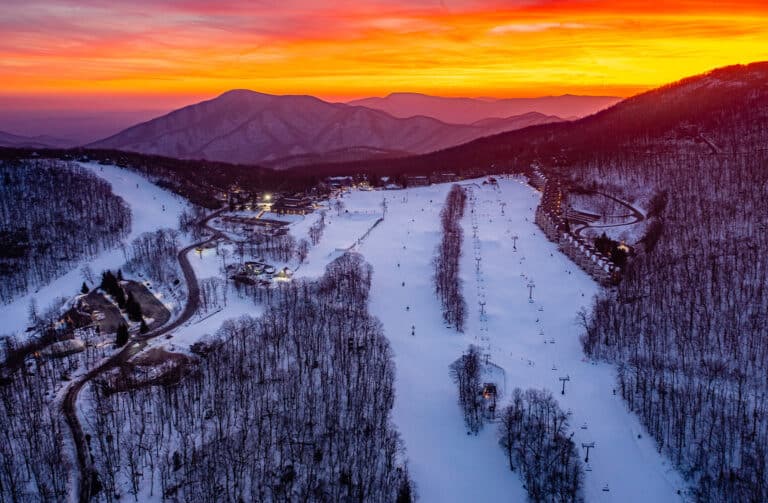by Jedd Ferris
Runner’s Low
In Montgomery County, Md., high school senior Juashaunna Kelly was disqualified from a track meet for wearing the same uniform she has sported for the last three seasons. Kelly is a devout Muslim, and as a result, she wears special attire that covers everything but her face and hands. It was never previously a problem for Kelly, who posted the fastest times for the mile and two-mile in the greater D.C. area this past winter. But at January’s Montgomery Invitational—a race that Kelly was using to qualify for the New Balance Collegiate Invitational—she was disqualified by the meet director because her custom-made uniform donned more than one color, an apparent violation of the National Federation of State High School Associations. Even stranger than the fact that she had worn this same uniform for the past three years without incident, is that she actually wore it to same exact track meet last year.
——————–
Uranium Mining in Virginia?
The nuclear power industry is interested in an exceptionally large deposit of uranium known to exist in Pittsylvania County. A proposal to mine the deposit, and another in Orange County, 25 years ago triggered a moratorium on uranium mining in Virginia. Uranium extraction cause contamination of groundwater and surface water and increased cancer risk for workers and the public. Disposing of toxic uranium mine waste also a serious public health concern. Nonetheless, the Virginia General Assembly is considering a study of whether uranium mining can be done safely.<br>
<br>
——————–
All Choked Up
The Southern Environmental Law Center—the nonprofit law firm that recently won a Supreme Court decision against Duke Energy for violating Clean Air Act regulations—is at it again, this time suing the Army Corps of Engineers over a proposed expansion to the Port of Charleston, which would add 10,000 vehicles per day to the already-congested I-26, the main interstate in the coastal city. The expansion would cause the Charleston region to fail federal health standards under the Clean Air Act. That’s bad news for a city that already received an “F” grade from the American Lung Association for its high levels of particle pollution.<br>
<br>
——————–
Eco Bribes
When public service warnings and skyrocketing asthma rates don’t seem to be getting the point across, Americans need to be cajoled in a way they can understand: show them the money. Beginning in January, Atlanta’s Downtown Transportation Management Association attempted to reduce traffic congestion by bribing commuters with a $15 gift if they found a cleaner way to commute (carpooling, biking, walking, or using public transit) for at least 23 round trips throughout the winter. Atlanta has some of the worst air quality and highest childhood asthma rates in the country.<br>
<br>
——————–
Cough it Up, King Coal
Massey Energy will pay the federal government $20 million in fines to settle a lawsuit over thousands of water pollution violations in West Virginia and Kentucky. The Environmental Protection Agency and the United States Department of Justice filed a suit against Massey last May. The large settlement—announced last month—was the largest civil penalty in agency history for Clean Water Act violations.<br>
<br>
——————–
Mercury Falling
A federal court ruled last month that all new power plants must install stringent mercury controls before coming online. The decision forces the North Carolina Division of Air Quality to rescind its permit for the proposed new Cliffside power plant near Rutherfordton, N.C. Cliffside has drawn overwhelming public opposition because of the long-term health impacts of its emissions—including mercury, a neurotoxin linked to learning diasbilities and permanent nervous system damage. The ruling requires more stringent mercury standards for all new and existing power plants nationwide.<br>
<br>
——————–
Conservation Celebration
In the Volunteer State’s largest land acquisition since the Great Smokies National Park, 127,000 acres of the Cumberland Plateau was purchased from two timber companies for the price of $135 million in a joint effort by the state of Tennessee and The Nature Conservancy. The land will be managed for public use by the Tennessee Wildlife Resources Agency and Tennessee State Parks in an area that the Conservancy has ranked the eighth most important place in the world for its natural beauty and biodiversity. The Cumberland Plateau is the worl’ds longest hardwood forested plateau, but it’s threatened by development from nearby Chattanooga and Knoxville.<br>
<br>
——————–
Roll Tide
Alabama recently unveiled plans to develop the longest river trail in a single state. The Alabama Scenic River Trail is set to span 631 miles, combining the waters of seven rivers, two creeks, and Mobile Bay. Running from the Coosa River at the Georgia state line down to the Gulf of Mexico, the trail, which also utilizes the Alabama, Mobile, Tensaw, Middle, Apalachee, and Blakely Rivers, will connect with the Bartram Canoe Trail in the delta area.







